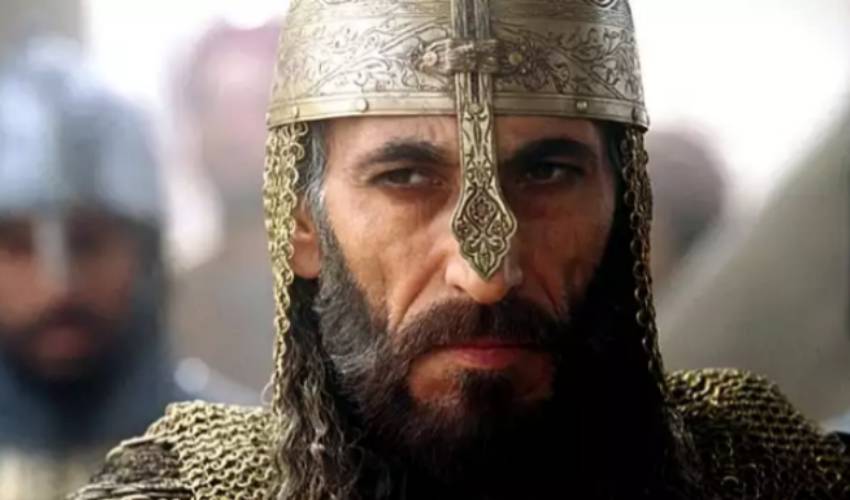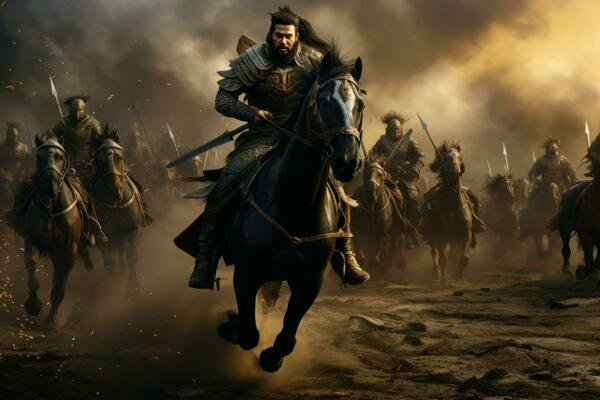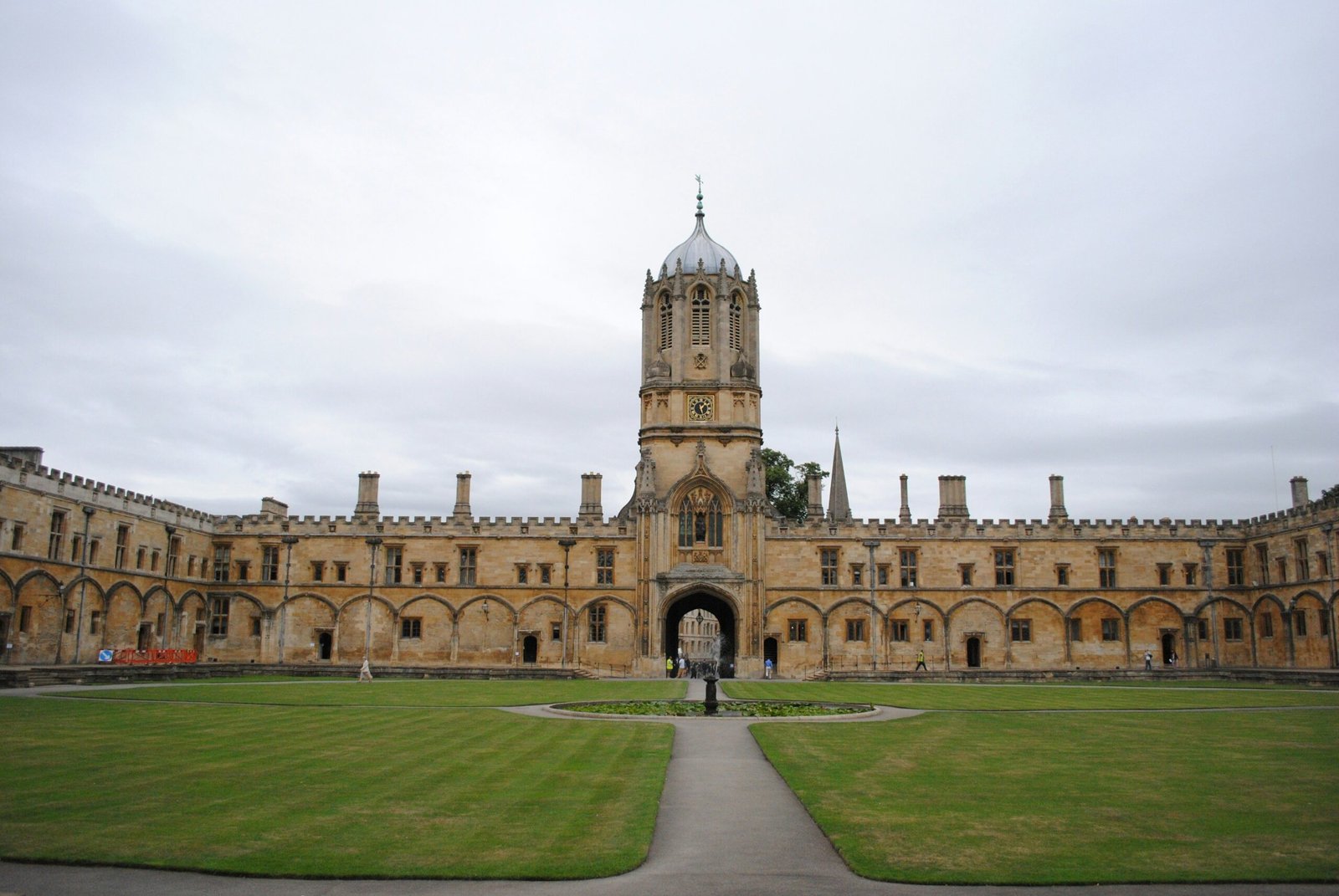Salahuddin Ayyubi
Known as Saladin in the West, is one of history’s most revered and legendary figures. His name is synonymous with chivalry, strategic brilliance, and unwavering commitment to his faith and people. This article explores the life and achievements of Salahuddin Ayyubi, a leader whose legacy continues to inspire and captivate people around the globe. Born in 1138 in Tikrit, Iraq, Salahuddin was a member of the Kurdish tribe of Rawadid. His father, Ayyub ibn Shadi, was a minor official in the Seljuk court. Salahuddin received a traditional education and studied Islamic law and philosophy. He served as a military commander under the Seljuk sultanate and later became the sultan of Egypt and Syria.


Salahuddin Ayyubi, known as Saladin in the West, is one of history’s most revered and legendary figures. His name is synonymous with chivalry, strategic brilliance, and unwavering commitment to his faith and people. This article explores the life and achievements of Salahuddin Ayyubi, a leader whose legacy continues to inspire and captivate people around the globe. Born in 1138 in Tikrit, Iraq, Salahuddin was a member of the Kurdish tribe of Rawadid. His father, Ayyub ibn Shadi, was a minor official in the Seljuk court. Salahuddin received a traditional education and studied Islamic law and philosophy. He served as a military commander under the Seljuk sultanate and later became the sultan of Egypt and Syria.
Early Life and Background
Salahuddin Ayyubi was born into a military family in Tikrit, in what is now Iraq. His father was a governor under the Zengid dynasty. Growing up, Salahuddin was trained in military tactics, governance, and Islamic jurisprudence. This training laid the groundwork for his future role as a leader. Salahuddin was a brilliant student, and his teachers recognized his potential. They gave him extra lessons in math and astronomy, and he excelled in both subjects.
Rise to Power
Salahuddin’s early military career began under the tutelage of his uncle, Shirkuh, a prominent general in the service of the Zengid ruler, Nur ad-Din. Salahuddin quickly distinguished himself through his bravery and strategic acumen. His pivotal role in the conquest of Egypt in 1169 marked the beginning of his ascent to power, eventually becoming the vizier of Egypt.
Establishment of the Ayyubid Dynasty
After the death of Nur ad-Din in 1174, Salahuddin declared himself the Sultan of Egypt and Syria, founding the Ayyubid dynasty. He undertook significant administrative and military reforms to consolidate his power. Salahuddin’s governance was marked by a blend of justice, efficiency, and military preparedness, which strengthened his realm and earned him the loyalty of his subjects.
The Crusades and Salahuddin
The Crusades, a series of religious wars initiated by the Latin Church, were at their peak during Salahuddin’s reign. Salahuddin’s leadership and military strategies were crucial in countering the Crusader states established in the Levant. His confrontations with the Crusaders were characterized by both fierce battles and astute diplomacy.
Battle of Hattin
One of Salahuddin’s most significant military achievements was the Battle of Hattin in 1187. Leading a well-coordinated campaign, Salahuddin’s forces encircled and defeated the Crusader army near the Sea of Galilee. The victory at Hattin was decisive, leading to the capture of key Crusader leaders and the eventual recapture of Jerusalem.
Recapture of Jerusalem
In October 1187, Salahuddin’s forces recaptured Jerusalem, a momentous event that had profound implications for the Muslim and Christian worlds. His approach to the conquest was marked by a notable degree of clemency, allowing many Christian inhabitants to leave the city peacefully, in stark contrast to the massacre that had occurred when the Crusaders took the city in 1099.
Military Tactics and Strategies
Salahuddin’s military prowess was characterized by his innovative tactics and strategic flexibility. He adeptly used psychological warfare, surprise attacks, and scorched earth policies to weaken his enemies. His ability to adapt to changing circumstances on the battlefield was a key factor in his numerous victories.
Diplomatic Achievements
Beyond his military successes, Salahuddin was also a skilled diplomat. He forged alliances with various Muslim rulers and engaged in negotiations with his adversaries. The Treaty of Ramla in 1192, which concluded the Third Crusade, was a testament to his diplomatic acumen, allowing for a temporary peace while maintaining Muslim control over Jerusalem.
Religious and Cultural Contributions
Salahuddin was a patron of the arts and education, fostering a cultural renaissance in his domains. He supported the construction of schools, hospitals, and mosques, and promoted Islamic scholarship. His commitment to Islamic values and unity helped to galvanize the Muslim world during a period of external threats.
Legacy and Historical Impact
The legacy of Salahuddin Ayyubi extends far beyond his lifetime. He is celebrated as a symbol of resistance and unity in the face of foreign aggression. His life and deeds have been immortalized in countless works of literature, art, and film, solidifying his status as a cultural and historical icon.
Comparison with Contemporary Leaders
Salahuddin’s leadership and military strategies have often been compared with those of his European contemporaries, such as Richard the Lionheart. While their interactions were marked by conflict, there was also a mutual respect between these two formidable leaders, highlighting the chivalric ideals that both embodied.
Personal Traits and Leadership Style
Salahuddin Ayyubi was a legendary figure in history. He was known for his humility, generosity, and unwavering commitment to justice. His leadership style was characterized by a deep sense of duty and a genuine concern for the welfare of his people. These qualities endeared him to both his contemporaries and later generations. His reign was a time of great prosperity and cultural achievement, and he is still revered today for his wisdom and compassion.
Challenges and Controversies
Salahuddin’s reign was not without challenges and controversies. He faced internal dissent and external threats from rival Muslim factions and Crusader states. Some of his decisions, such as the execution of certain prisoners of war, have been scrutinized by historians. Nevertheless, his overall legacy remains largely positive.
Conclusion
Salahuddin Ayyubi’s life and achievements continue to resonate across the centuries. His strategic brilliance, diplomatic skills, and commitment to his faith and people have cemented his place as one of history’s great leaders. Salahuddin’s enduring legacy serves as a testament to the power of resilience, unity, and leadership in the face of adversity.
FAQs
Who was Salahuddin Ayyubi?
- Salahuddin Ayyubi, also known as Saladin, was a Kurdish Muslim leader who founded the Ayyubid dynasty and is renowned for his role in the Crusades and the recapture of Jerusalem.
What were Salahuddin’s major achievements?
- Salahuddin’s major achievements include the establishment of the Ayyubid dynasty, the victory at the Battle of Hattin, and the recapture of Jerusalem in 1187.
How did Salahuddin recapture Jerusalem?
- Salahuddin recaptured Jerusalem through a well-coordinated military campaign, culminating in the city’s surrender in October 1187. His approach was marked by clemency towards the city’s Christian inhabitants.
What was Salahuddin’s impact on the Crusades?
- Salahuddin’s leadership was crucial in countering the Crusader states in the Levant. His victories, particularly at Hattin and Jerusalem, significantly weakened the Crusader presence and reshaped the geopolitical landscape of the region.
Why is Salahuddin Ayyubi considered a great leader?
- Salahuddin is considered a great leader due to his military prowess, diplomatic skills, commitment to justice, and ability to unify the Muslim world against external threats. His legacy of chivalry and leadership continues to inspire people today.




